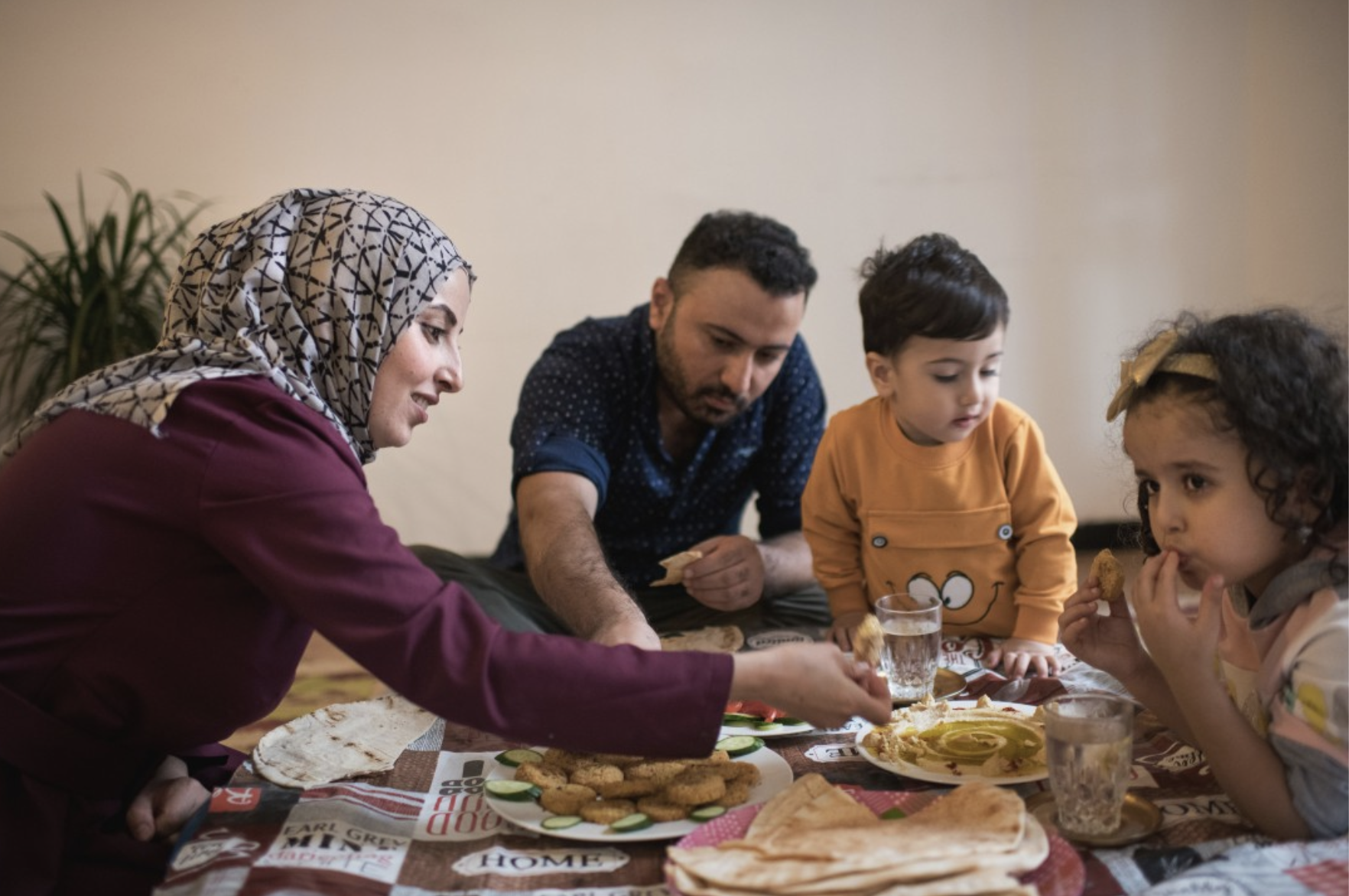Livelihoods and social cohesion – Cash in Türkiye
Türkiye plays a vital role as a transit and receiving country for international migrants due to its location at the crossroads of Europe, the Middle East and Africa (particularly for Syrians since the crisis broke out in 2011). For the success of humanitarian cash assistance programmes and for ensuring we do no harm, it is important to understand the impact that refugees have on social, cultural and economic aspects of Turkish society and include programmes that enhance social cohesion with host communities as well as livelihood opportunities for refugees.

No results found
Try searching again using different words.
